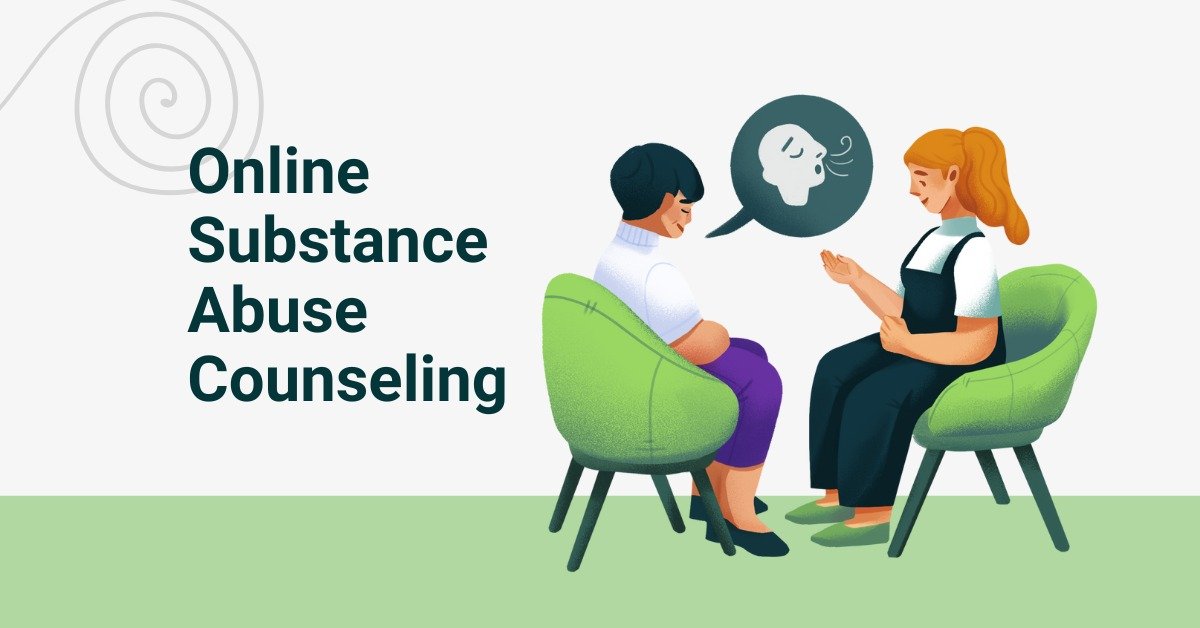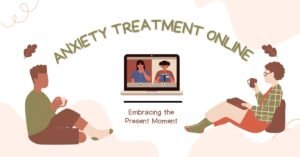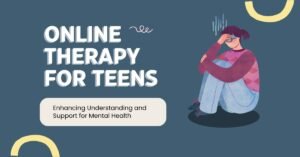In the digital age, virtual substance abuse counseling has become an essential component of addiction recovery, combining the effectiveness of traditional therapy with the convenience and privacy of online platforms. As mental health telemedicine evolves, so too does the approach to treating substance use disorders (SUDs). This integration of technology in healthcare allows for a more accessible, flexible, and confidential way to support individuals in their journey toward recovery. In this article, we explore the various techniques, tools, and privacy considerations involved in substance abuse counseling online.
What is Virtual Substance Abuse Counseling?
Virtual substance abuse counseling involves providing psychological support and therapy through digital means, such as video calls, messaging, or online platforms. It is designed to help individuals who are dealing with the challenges of substance addiction by offering them the tools they need to recover while allowing them to remain in their own environments. This form of counseling has proven particularly valuable for those who may face barriers to accessing traditional in-person therapy, whether due to geographical constraints, busy schedules, or health concerns.
Techniques Used in Online Substance Abuse Counseling
Cognitive Behavioral Therapy (CBT)
One of the most common techniques used in both traditional and online substance abuse counseling is Cognitive Behavioral Therapy (CBT). CBT focuses on identifying negative thought patterns that lead to destructive behaviors. Online platforms allow therapists to guide patients through CBT exercises via interactive sessions and digital worksheets, helping them develop healthier cognitive habits.
Motivational Interviewing (MI)
Motivational Interviewing is another effective technique used in virtual counseling. MI is a client-centered approach that enhances motivation to change by resolving ambivalence. Through online sessions, counselors can effectively engage with clients, fostering a supportive and non-judgmental environment that encourages open communication about personal goals and the challenges of addiction.
Contingency Management (CM)
Contingency Management uses incentives to encourage abstinence from drugs or alcohol. Online platforms can facilitate CM by enabling therapists to monitor compliance with program goals via electronic check-ins and to deliver rewards for meeting certain milestones, such as negative drug tests or consistent participation in scheduled sessions.
Tools for Substance Abuse Counseling Online
Video Conferencing Software
Video conferencing is the backbone of online therapy, providing a face-to-face counseling experience over the internet. Platforms like Zoom, Skype, or specialized telehealth services ensure that sessions are as personal and effective as those held in an office setting. These tools often come with features such as screen sharing and document sharing, which can enhance the therapeutic process.
Secure Messaging Apps
Secure messaging apps enable continuous support outside of scheduled sessions. These apps are crucial for maintaining a lifeline between counselors and clients, allowing for the exchange of motivational messages and quick check-ins. This ongoing support is vital for moments when clients face triggers or challenging situations.
Digital Health Records
Electronic health records (EHRs) are used extensively in online counseling to track patient progress, manage treatment plans, and document therapy sessions. These tools help counselors maintain detailed records securely and share relevant information with other healthcare providers as necessary, with patient consent.
Ensuring Patient Privacy
Maintaining confidentiality is paramount in any therapeutic setting, but it presents unique challenges online. Virtual substance abuse counseling must adhere to strict privacy standards and regulations, such as HIPAA (Health Insurance Portability and Accountability Act) in the United States, to protect patient information.
Encryption
Encryption is a key technology used in telemedicine to secure both video calls and data transmission, ensuring that conversations and records remain private and accessible only to authorized individuals.
Secure Platforms
It’s important for healthcare providers to use platforms that are specifically designed for telehealth. These platforms comply with privacy laws and offer additional security measures to prevent unauthorized access and data breaches.
Training and Policies
Counselors and all healthcare staff involved in telemedicine should receive training on the importance of maintaining confidentiality and the specific measures needed to protect patient privacy online. Establishing clear policies and protocols for handling and storing sensitive information is also crucial.
Conclusion
Substance abuse counseling online offers a promising path to recovery for those seeking help with addiction. The use of advanced techniques and tools, combined with rigorous attention to patient privacy, makes it an effective alternative to traditional therapy. As technology continues to evolve, so will the capabilities and reach of mental health telemedicine, making it a critical component in the fight against substance abuse disorders. By embracing these virtual services, healthcare providers can offer continuous, comprehensive support to those in need, regardless of their circumstances.







